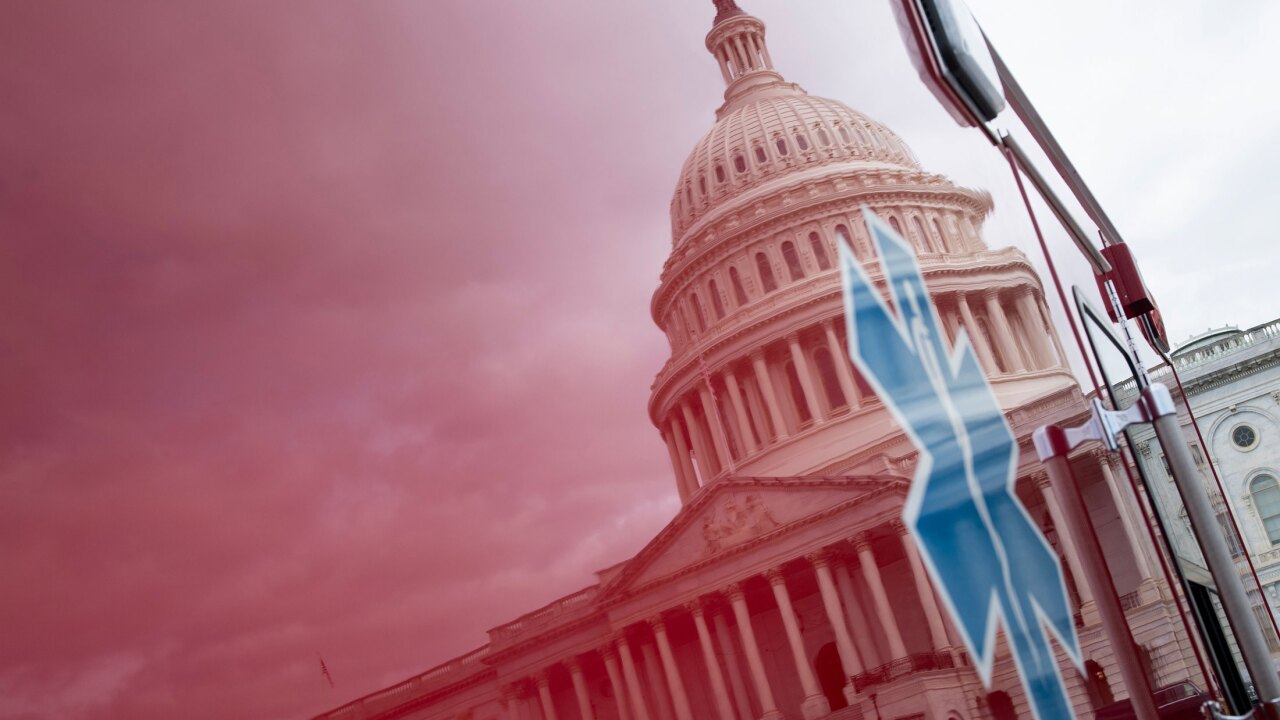Faced with a growing patchwork of locally mandated minimum paid sick day benefits, a group of employers in New Jersey is challenging localities actions as not only inconsistent with New Jersey laws and the states constitution, but the U.S. Constitution as well. The action comes at a time when employers are under pressure from a variety of sources including President Barack Obama to provide paid sick leave.
In a referendum last November, voters in Trenton by a six-to-one margin voted in favor of requiring employers with at least 10 employees based in that city to allow employees to accrue one hour of paid sick leave for every 30 hours worked. The ordinance was scheduled to take effect earlier this month.
Also see:
Since then eight other local jurisdictions in New Jersey have adopted similar measures.
Vague, ambiguous
"It is clear that the City of Trenton does not have the legal authority to implement this ordinance," Christopher Gibson, an attorney representing four employer associations, including the New Jersey Chamber of Commerce, told reporters. He also blasted the ordinance as vague, ambiguous, and contrary to New Jersey law and impossible to interpret, administer or implement, and therefore must be struck down," he added.
The New Jersey Chamber of Commerce, commenting on a proposed statewide measure, complained that mandated sick leave would impose a one-size-fits-all standard. Mandates that impact an employer's fiscal bottom line will lead to difficult choices, such as scaling back the hours of current employees or not hiring additional employees.
Also see:
Other localities around the country that have mandatory sick leave policies on their books include New York City and San Francisco. However, California subsequently enacted a minimum sick pay law that took effect Jan. 1, leapfrogging over local governments. Massachusetts has a similar law.
Support from White House
In his State of the Union address to Congress in January, President Obama praised states that have taken some actions, and lamented the fact that the United States lags behind Europe on this issue.
Yet according to the Bureau of Labor Statistics, nearly three-fourths (73%) of employers already do provide the benefit, although relatively few (27%) offer it to part-time workers.
For employers operating in multiple jurisdictions, the issue is ensuring that their paid leave policies meet local requirements, where such requirements exist. The same challenge, of course, exists with respect to many other employment law matters.
Paychex, the payroll and HR services vendor, monitors state and local pay and benefit legislation. More changes are anticipated to be on the horizon, the firm predicted.
Also see:
Paychex, in a briefing to employers on the topic, encourages employers to cover all the bases when reviewing or updating their paid leave policies. Those include length of service eligibility requirements, full time/part time eligibility distinctions, number of days, accrual rates and caps, carry over or end-of-year payouts, acceptable reasons for using paid sick leave, and sickness documentation requirements.
Richard Stolz is a freelance writer based in Rockville, Maryland.




